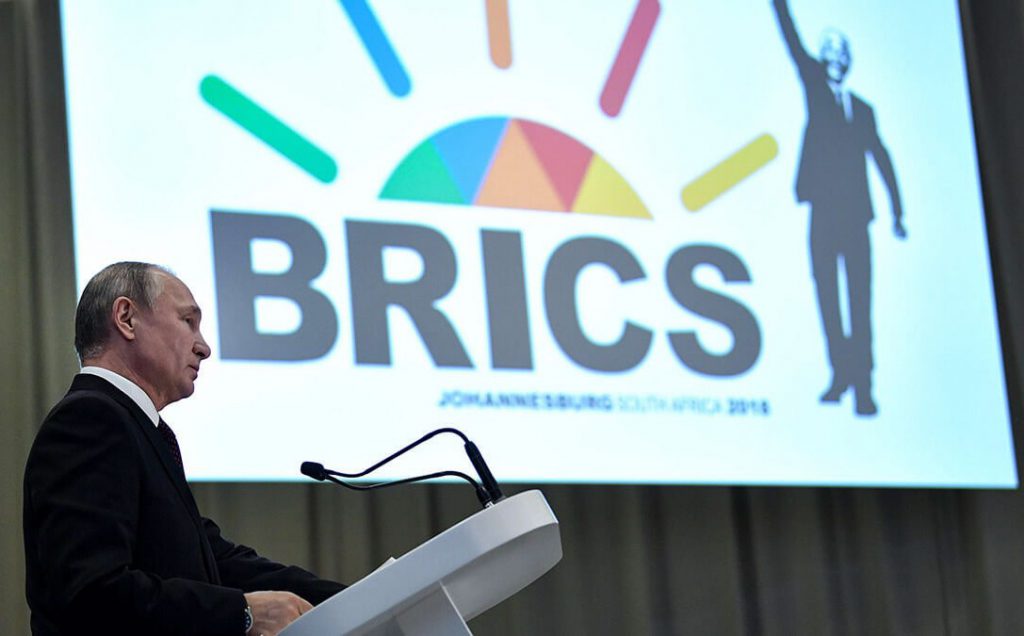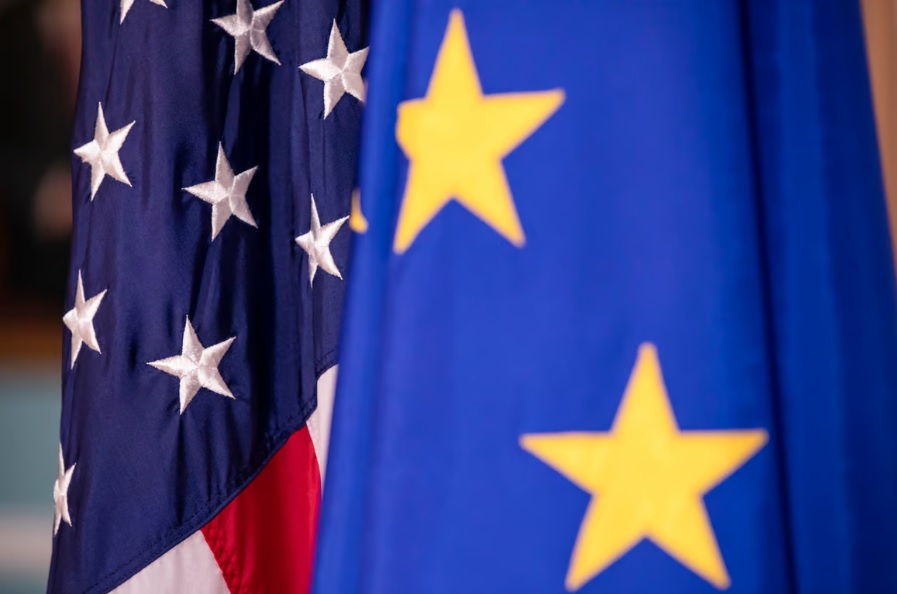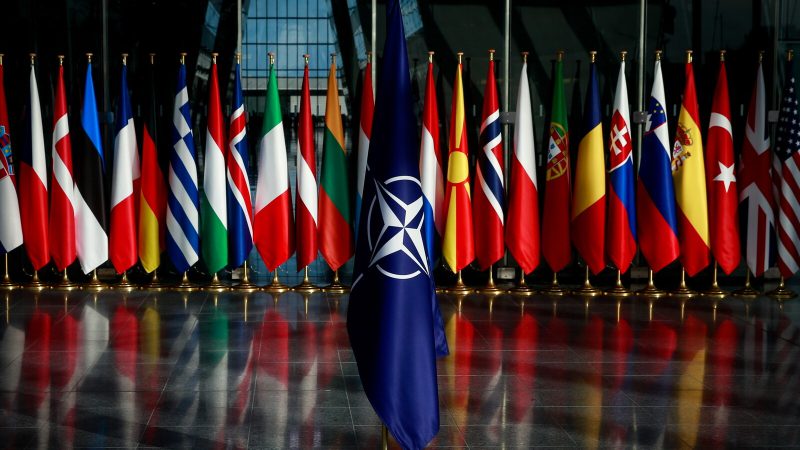With the economic alliance set to expand for the second time in as many years, both prominent NATO members and the United States have reacted to BRICS expansion. Its 2023 summit saw four nations join the group. The addition only further established its position on a global scale.
As a result of that development, the US, Germany, and the EU have shared interesting opinions on the growth effort. Conversely, the 2024 summit is likely to see even more expansion invitations issued. Seven countries have already announced plans to join the alliance following its most recent foreign minister meeting this month.


Also Read: BRICS: Shocking Report Shows No De-Dollarization Progress
NATO Talks BRICS Expansion as Growth Is Likely to Continue
In an important geopolitical development, the BRICS bloc became a group of nine in 2023. However, it will not remain there, as the alliance is poised to introduce even more new members this year. In response, some of the world’s most prominent countries have responded.
White House Press Secretary Karine Jean-Pierre noted the US position on the initiative. Specifically, she noted that America has no interest in directing the cooperation that its allies choose to facilitate.
“US policy does not ask our partners to choose between the United States and other countries,” she said. “We have repeatedly emphasized that the US does not want to limit countries’ partnerships with other countries. But we want countries to have choices on how to deliver results to their citizens as well.”‘


Also Read: BRICS to Fully Abandon US Dollar in 3 Years
Germany’s Foreign Minister, Annalena Baerbock, didn’t seem concerned. “In times like these, every country in the world is aware of the importance of cooperation and partnership.” She noted that all countries need to form alliances that “best suits its own values and interests,” despite geopolitical implications.
German EU Minister Reinhard Butikofer was on the opposite side of that perspective. He noted the potential of the alliance to use its growth to impact global finance. Even if the blocs don’t get along, they have a clear focus on limiting Western influence.
“The BRICS Summit has established historic facts. This will significantly increase the international importance of BRICS, even if there are appreciable differences between its members,” Butikofer said. “The character of BRICS will change with this round of enlargement. China’s dominance will increase, and the BRICS will become a clearly authoritarian group.”





